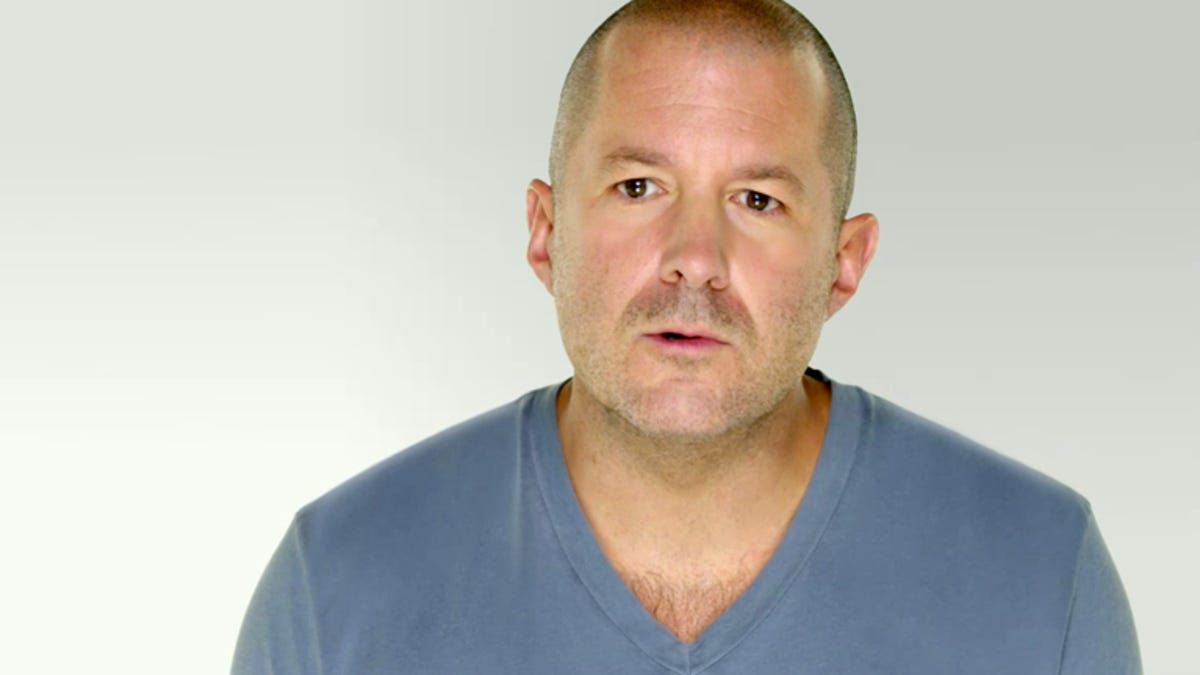Apple's success formula: Wash, rinse, repeat, reinvent
Quarter after quarter, Apple rigorously follows a basic formula that has resulted in consistently excellent results. Easy in theory, harder in practice.

A video appearance by the company's chief designer, Jony Ive, is now a regular feature of every Apple product launch. Tuesday's release of new MacBooks and iPads was no different. Up on the screen, there was Apple's chief designer, attired in his customary T-shirt, offering yet another brief discourse on bezels and batteries, recounting how Apple surmounted sundry engineering challenges to achieve greatness.
"We are often faced with a paradox when we design to make products smaller and lighter, and at the same time more powerful....if we can overcome these challenges we can make something without compromises," he said regarding the new
"There is a simplicity to it but there is nothing precious about it," he said. "This integrity, this durability inspires confidence in a product that is meant to be taken places, handled and really used."
Nothing new here. Ive has made similar comments about design aesthetics and the virtues of Apple's engineering and materials science each time the company updates its product lines. But his comments point to a larger story about the disciplined formula this secretive company follows to maintain the popularity of the brand and industry-leading profits.
The formula that Apple rigorously follows quarter after quarter, year after year could be described as a variant of wash, rinse, repeat with periodic reinvention. On the surface, that doesn't sound revolutionary. After all, Apple's rivals have followed a similar formula. But none of Apple's competitors have enjoyed as much success or consistency. Samsung, for example, sprays the market with a broad variety of mobile devices with incremental updates and differences. Some hit and others miss, while Apple more consistently hits the bulls-eye with each new device.
The wash is upgrading existing products with just enough newness and Apple elegance to maintain the respect and admiration of the fan base. It typically manifests itself as a faster, smaller, better, and sometimes cheaper versions of the previous generation products. For example, the new iPad Air is faster, lighter, and thinner but not cheaper.
The rinse is projecting an aura of coolness and superiority around the products. In the Steve Jobs era is was called the "reality distortion field," but it has some grounding in reality. Apple's attention to detail and turning consumer electronics products into industrial engineering works of art renders products with extraordinary fit and finish. Ive described the latest iPad as "so capable and powerful, and yet with its breakthrough size and weight, it's the thinnest, lightest and also the most advanced iPad we have ever built." But the rhapsodic descriptions of the new products cannot hide what some consider conservative incrementalism.
No doubt, the iPad Air is a beautiful piece of hardware, but thinner and lighter isn't necessarily all that Apple fans were hoping for in the fifth-generation iPad. It didn't come with a larger screen with higher resolution, the Touch ID fingerprint sensor, 802.11ac wireless support, or a higher-megapixel camera, for example.
But a part of the Apple formula is avoiding an overreach with too many features, perfecting small things with each iteration, adhering to pricing bands and profit margin goals, and laying internal hardware foundations for future leaps in software capabilities. The new iPads and Macbooks will be enough to keep most of tribe in the fold, especially those holding onto to older models. Apple says that the iPad Air is 8 times faster than the iPad 4 and 72 times faster than the original iPad in graphics performance. In addition, the iPad Mini now has the same Retina screen as its larger siblings.
Converting those who aren't hooked on the Apple ecosystem is becoming more of a challenge, however, despite Tim Cook's claim that Apple delivers "incredible hardware and amazing software and intuitive services into an experience that no one can match." One could argue that others, like Samsung, have matched or even exceeded what Apple has done in terms of unit sales and advanced features, but that doesn't phase Cook.
In the second quarter of this year, Apple has about 33 percent of tablet sales, compared with 60 percent for the same period last year, according to IDC. Samsung more than doubled its share of the market to more than 19 percent from 7.5 percent for the same period. But Cook highlights data from Chitka, an ad network, that the iPad is used four times more than all of other tablets put together in North America.
The crucial step in Apple's formula is to repeat the wash and rinse cycle over and over. Over the last several years, the company's well-oiled machine has consistently delivered the necessary incremental improvements for Mac OS and iOS software and the hardware devices to maintain the demand for its products.
The outlier step in the formula, which runs parallel to the wash, rinse, repeat cycle, is to reinvent, or redefine, a category, as Apple did with music players, smartphones, and tablets. This is the most difficult and precarious part of the formula. The game-changing, innovative products have much longer gestation periods and carry more risk. With the new Macintosh Pro Apple is creating a museum quality high-end computer, but it isn't going to have the kind of cultural impact of the iPod, iPhone, and iPad.
Apple's last major reinvent cycle was the iPad in 2010. All of Apple products are now firmly in their wash, rinse, repeat cycles, a sign of maturing categories.

